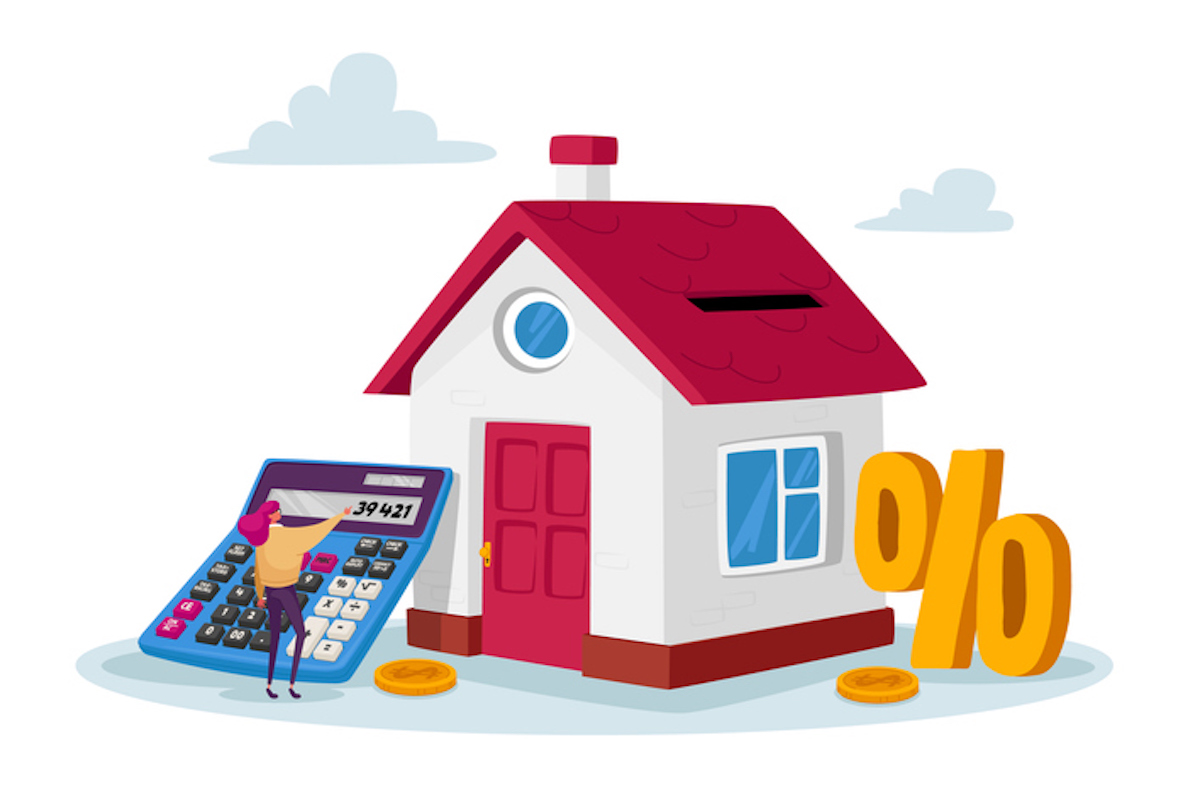When it comes to securing a home loan, one of the most critical factors to consider is the interest rate. The interest rate you obtain on your home loan can have a significant impact on your overall financial situation. In this article, we will explore how interest rates for home loans are determined, helping you gain a deeper understanding of this vital aspect of housing loan interest rate.
The Role of the Reserve Bank of India
The Reserve Bank of India (RBI) plays a pivotal role in shaping the interest rates for home loans in India. They are the central bank of the country and are responsible for regulating the monetary policy. The RBI’s monetary policy decisions, such as repo rate changes, have a direct influence on the interest rates offered by banks and financial institutions.
Repo Rate
The repo rate is the interest rate at which the RBI lends money to commercial banks. When the RBI lowers the repo rate, banks can borrow money at a lower cost. This, in turn, enables banks to offer home loans at lower interest rates to consumers. Conversely, when the repo rate increases, the cost of borrowing for banks rises, and they may raise the interest rates on home loans.
Reverse Repo Rate
The reverse repo rate is the rate at which commercial banks can park their excess funds with the RBI. Changes in the reverse repo rate can indirectly affect home loan interest rates. If the reverse repo rate is higher, banks may be inclined to park more of their funds with the RBI rather than lending it out, leading to a potential shortage of available funds for home loans.
Inflation and Its Impact on Home Loan Interest Rates
Inflation is another critical factor that influences home loan interest rates. High inflation rates can erode the purchasing power of money, making the value of future loan repayments lower. To compensate for this loss of value, banks may charge higher interest rates on home loans.
Credit Score and Creditworthiness
Your personal financial profile, including your credit score and creditworthiness, can significantly impact the interest rate you are offered. Lenders prefer to provide lower interest rates to individuals with a strong credit history, as they are considered lower risk borrowers. On the other hand, those with poor credit scores might be offered higher interest rates to mitigate the perceived risk.
Market Conditions and Competition
Market dynamics and competition among lenders can also affect home loan interest rates. Lenders often adjust their rates to attract borrowers and remain competitive. It’s common for borrowers to find different interest rates from various lenders, so shopping around is crucial to secure the best deal.
Loan Tenure and Type
The duration of your home loan and the type of loan you choose can impact your interest rate. Generally, shorter loan tenures tend to have lower interest rates compared to longer tenures. Additionally, fixed-rate loans typically have more stable interest rates, while adjustable-rate mortgages (ARMs) can see fluctuations in line with market conditions.
Conclusion
Understanding how interest rates for home loans are determined is essential when you’re looking to purchase a home. The Reserve Bank of India, inflation, your credit profile, market conditions, and your loan parameters all contribute to the final interest rate you receive. By being aware of these factors, you can make informed decisions and potentially secure a more favourable interest rate for your home loan.

